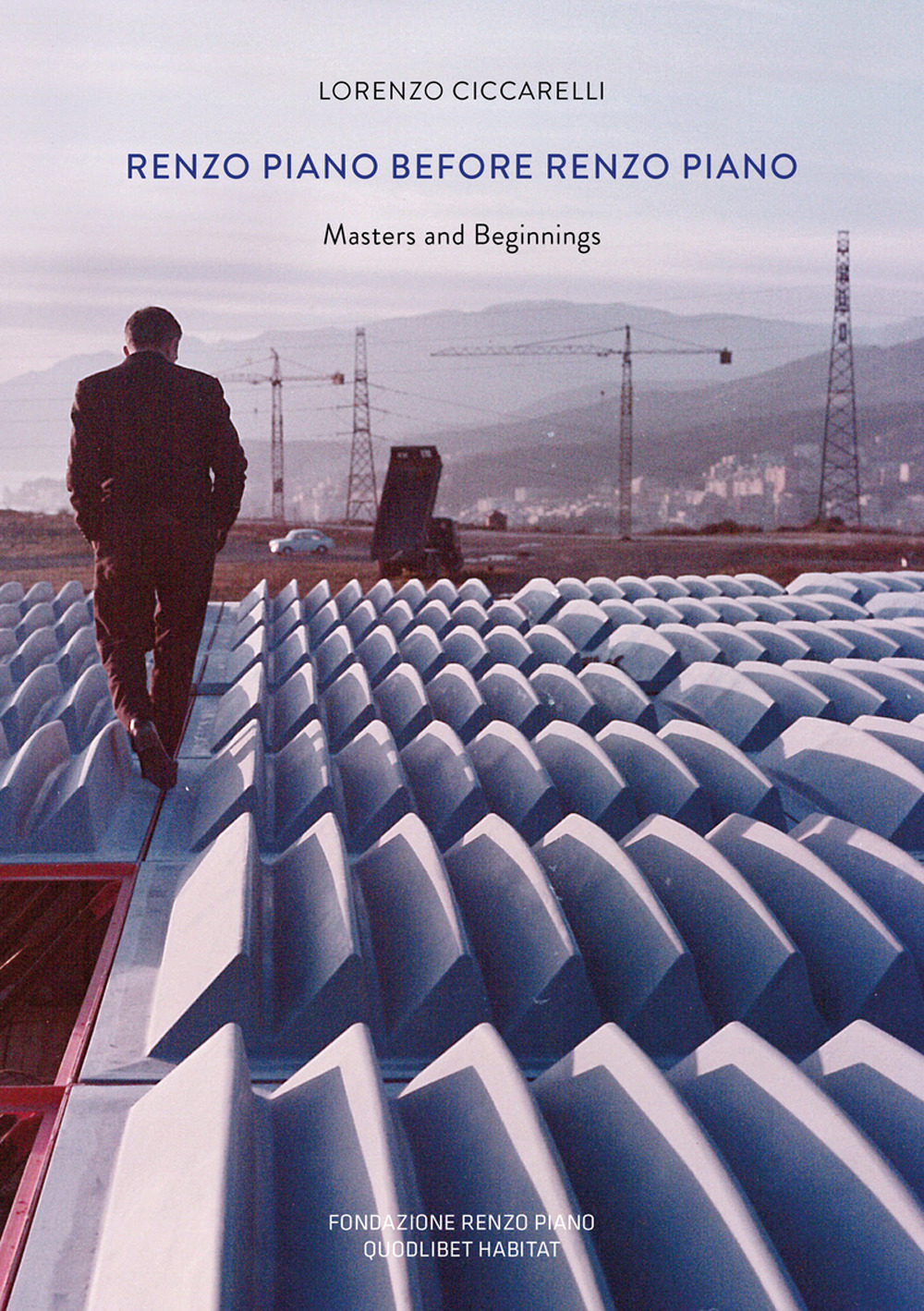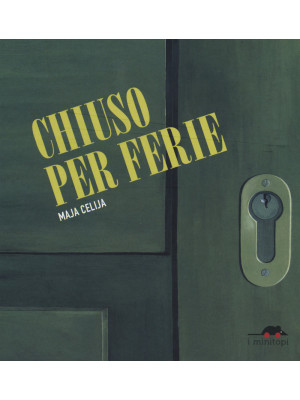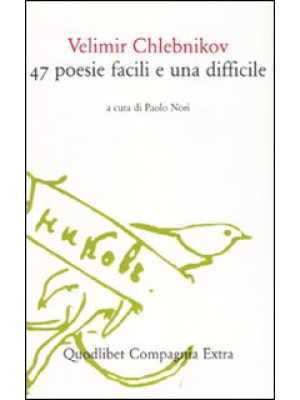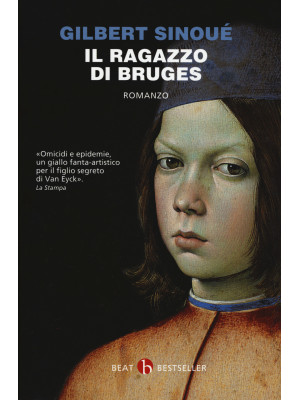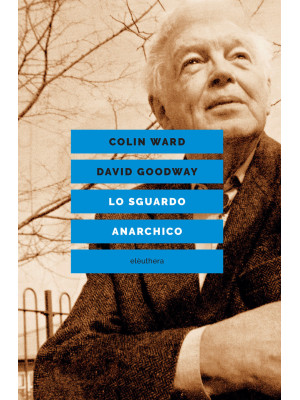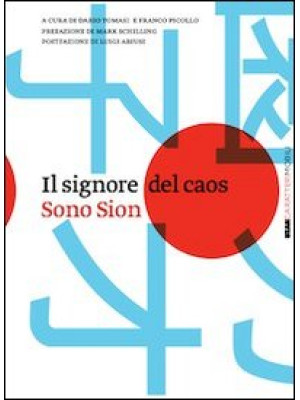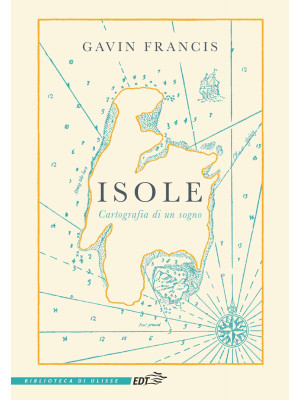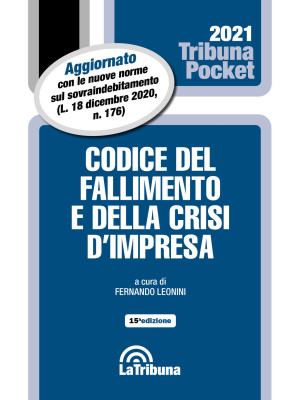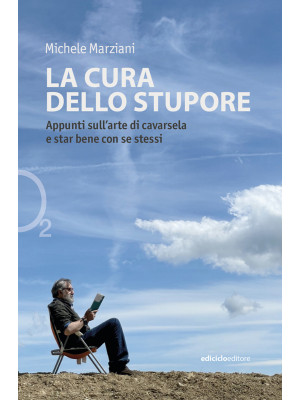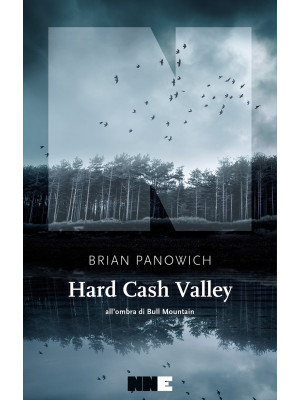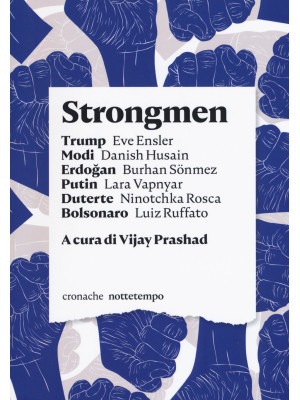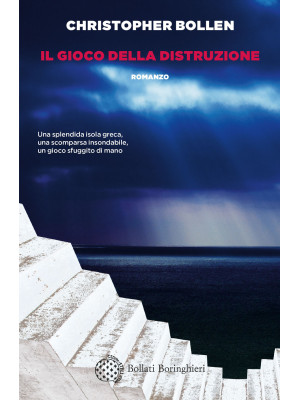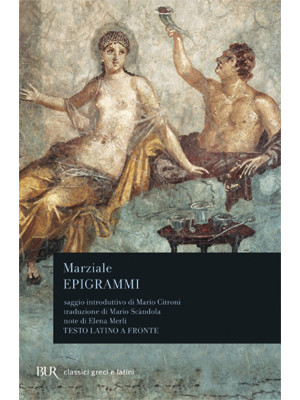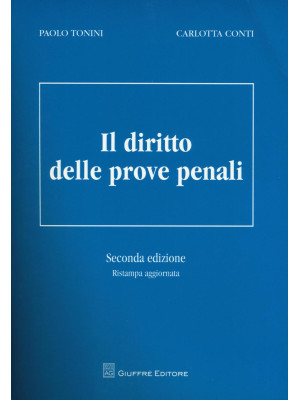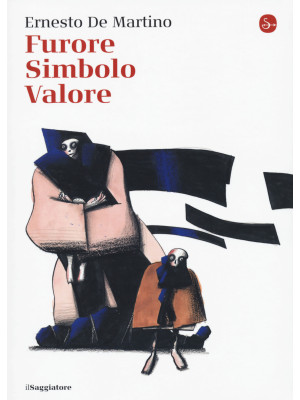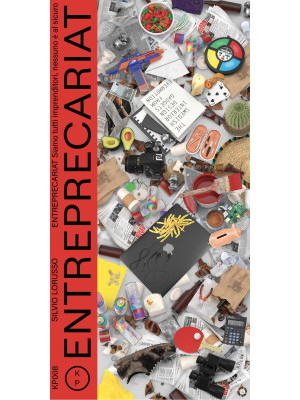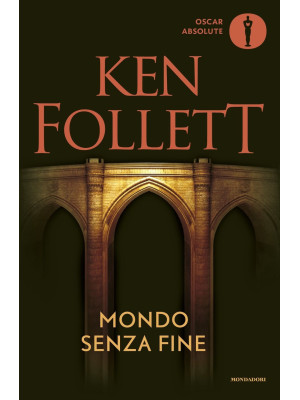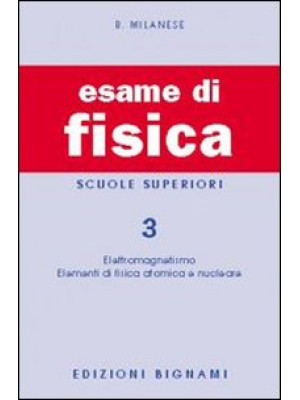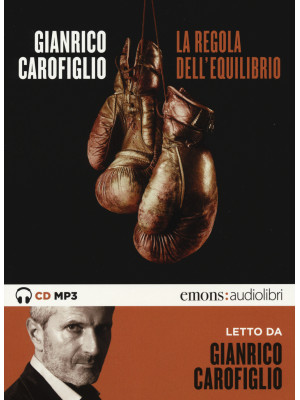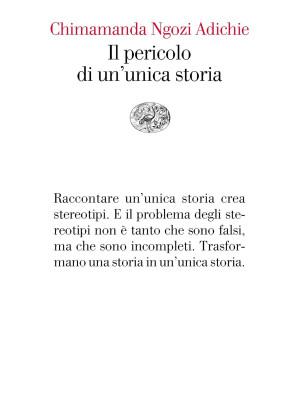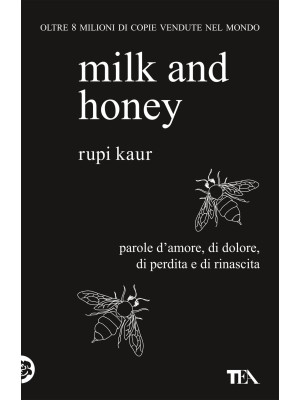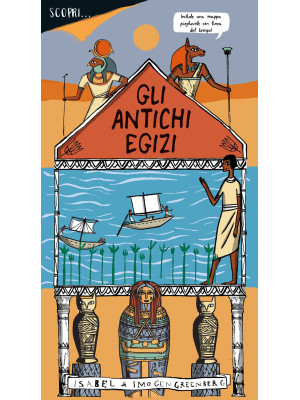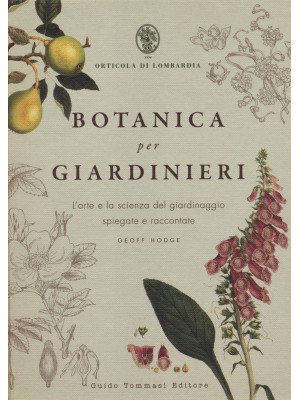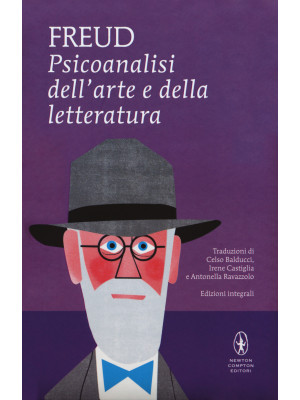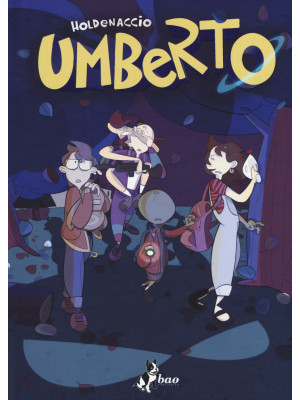Tab Article
This book explores Renzo Piano's formative years, before the major achievement of the Centre Pompidou. The striking success of an architect little more than thirty years old in the famous 1971 international competition has long tended to eclipse his previous experience, which is fundamental to understanding the genesis not only of the Beaubourg but all Piano's subsequent work. The dense ramifications of his experience, spreading in many different directions, have now finally been retraced by Lorenzo Ciccarelli, the first scholar to have access to the archives of the Renzo Piano Foundation. The chapters of the book seek 'to offer a coherent and many-sided understanding of the magmatic energy that drove Piano's remarkable works, while preserving the rhapsodic qualities of a true "portrait of the artist as a young man".' Immediately after graduating, Piano built a series of radical and innovative experimental structures, combining his mastery of prefabrication with an instinctive interest in industrial design.


